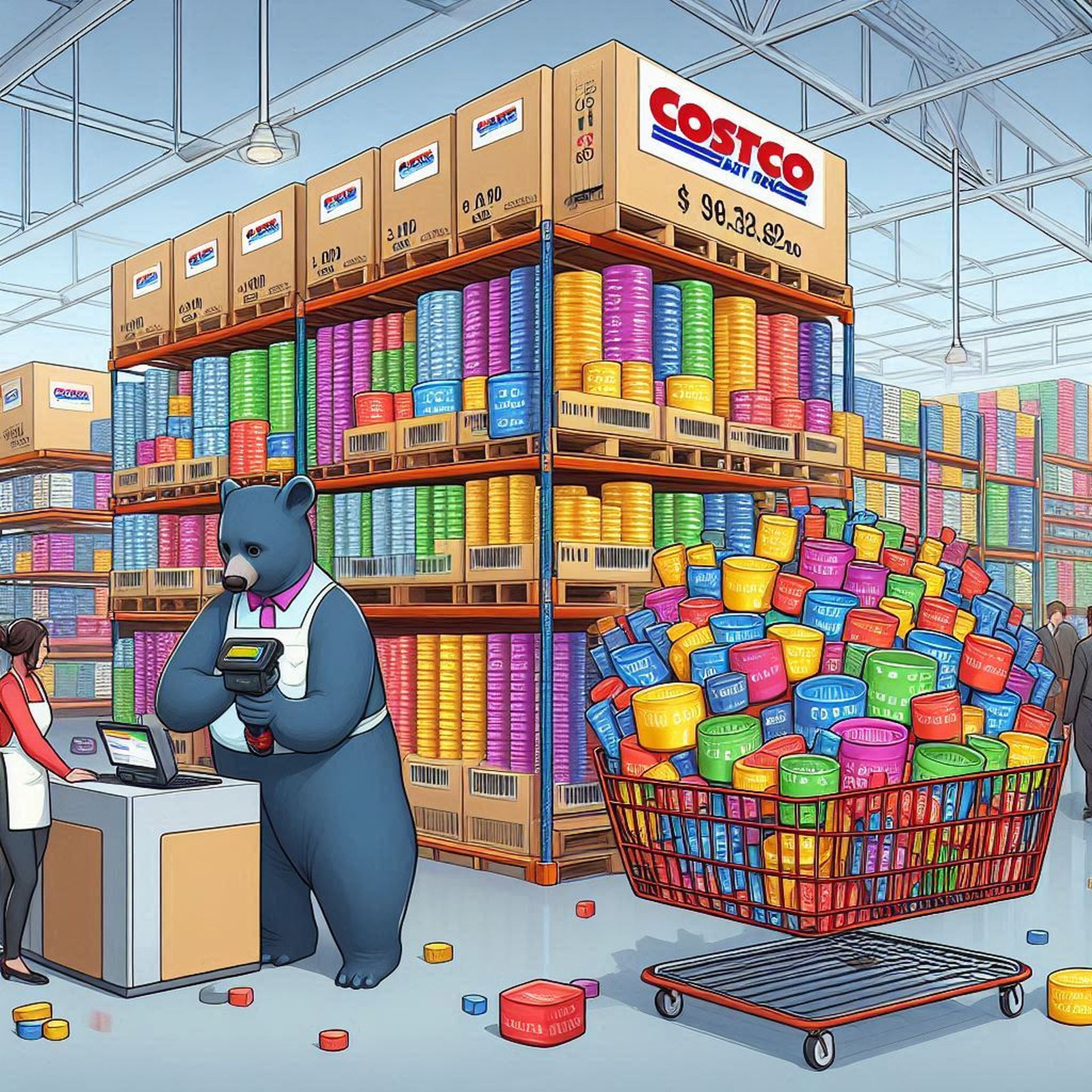Costco, famous for its big shopping deals and huge portions, is now exploring a new advertising strategy. According to Marketing Brew, they will use the information from their millions of members to show ads for things people like. Mark Williamson, VP of retail media at Costco, says they want to make sure the ads match what people usually buy. This move is a bit late compared to other stores like Walmart and Target. There are doing it for years.
Costco knows that what people buy can change fast, so it wants to be quick to change its ads, too. It has a big group of members all around the world, and it wants to make sure it keeps up with what those members want. Even though this new tech is exciting, Costco says they will use it responsibly. They want to make sure they’re not doing anything sneaky with people’s info. It’s all about giving people ads they might actually like, without being nosy or creepy about it. By showing ads for stuff people actually want, they hope to make the whole shopping experience better.
Is our data safe? How does it work?
At its core, Costco’s intention isn’t to sell your personal data in the traditional sense. Instead, they’re leveraging aggregated and anonymized purchasing data to provide targeted advertising opportunities to brands. Here’s a breakdown of how this process typically works and why it’s different from selling personal data outright:
- Aggregated and anonymized data: Costco collects data on what products its members purchase, but this information is typically stripped of personally identifiable details. Instead of selling individual shopping histories, Costco compiles this data into broader trends and patterns. For example, they may use this data to identify groups of shoppers who tend to buy certain types of products, such as parents with young children or pet owners.

- Targeted advertising: Using these aggregated insights, Costco offers brands the opportunity to target specific groups of shoppers with relevant advertisements. For instance, if a brand wants to promote a new line of baby products, Costco can show ads for these items to members who have a history of purchasing baby-related items.
- Privacy considerations: It’s essential to note that Costco prioritizes customer privacy and data security. They have measures in place to ensure that individual identities are protected and that sensitive information isn’t shared with third parties. By focusing on aggregated data rather than personal details, Costco aims to balance the benefits of targeted advertising with customer privacy concerns.
- Value exchange: For Costco members, the value exchange lies in receiving personalized recommendations and offers based on their shopping habits. While Costco benefits from increased advertising revenue, members benefit from a more tailored and relevant shopping experience.
- Opt-out options: Additionally, many companies, including Costco, offer opt-out options for customers who prefer not to participate in targeted advertising programs. This allows individuals to maintain control over their data and privacy preferences.
In summary, while Costco does utilize purchasing data to offer targeted advertising opportunities, they do so in a way that prioritizes customer privacy and anonymity. Rather than selling personal data directly, Costco will focus on providing value to both members and brands through aggregated insights and targeted advertising campaigns.
All images are generated by Eray Eliaçık/Bing





